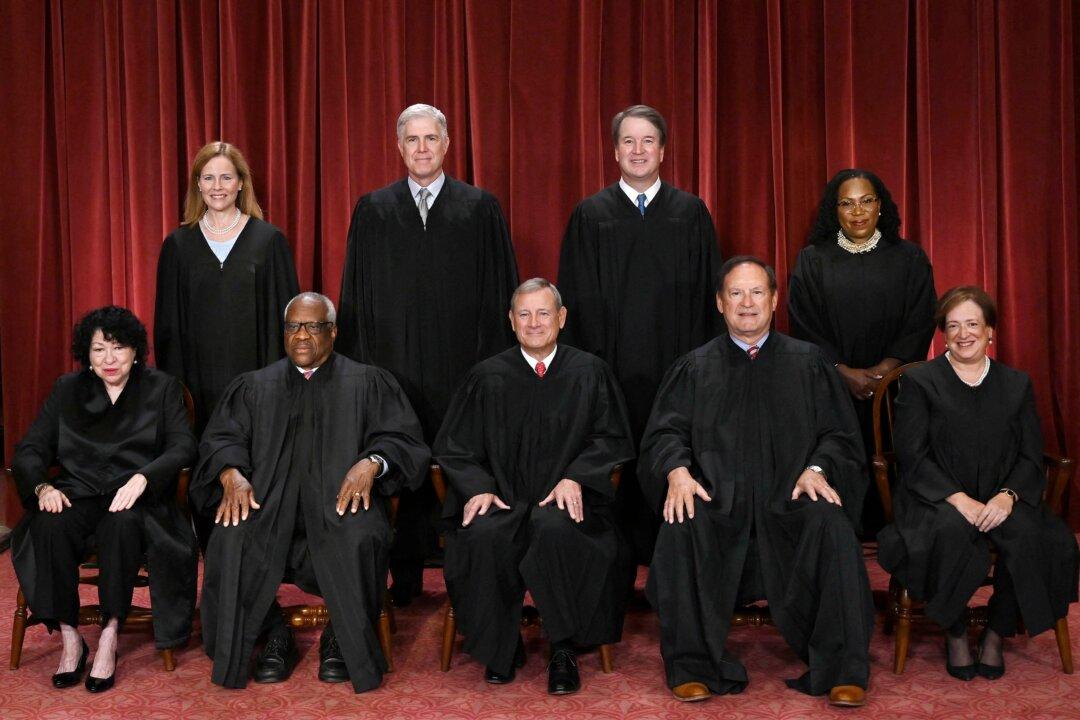The Biden administration on Friday asked the U.S. Supreme Court reinstate its student loan debt program and claimed its within the authority of the executive branch after a lower court blocked it several days ago.
The program, unveiled weeks before the 2022 midterm elections, promised to deliver up to $20,000 of debt relief for millions of borrowers.





